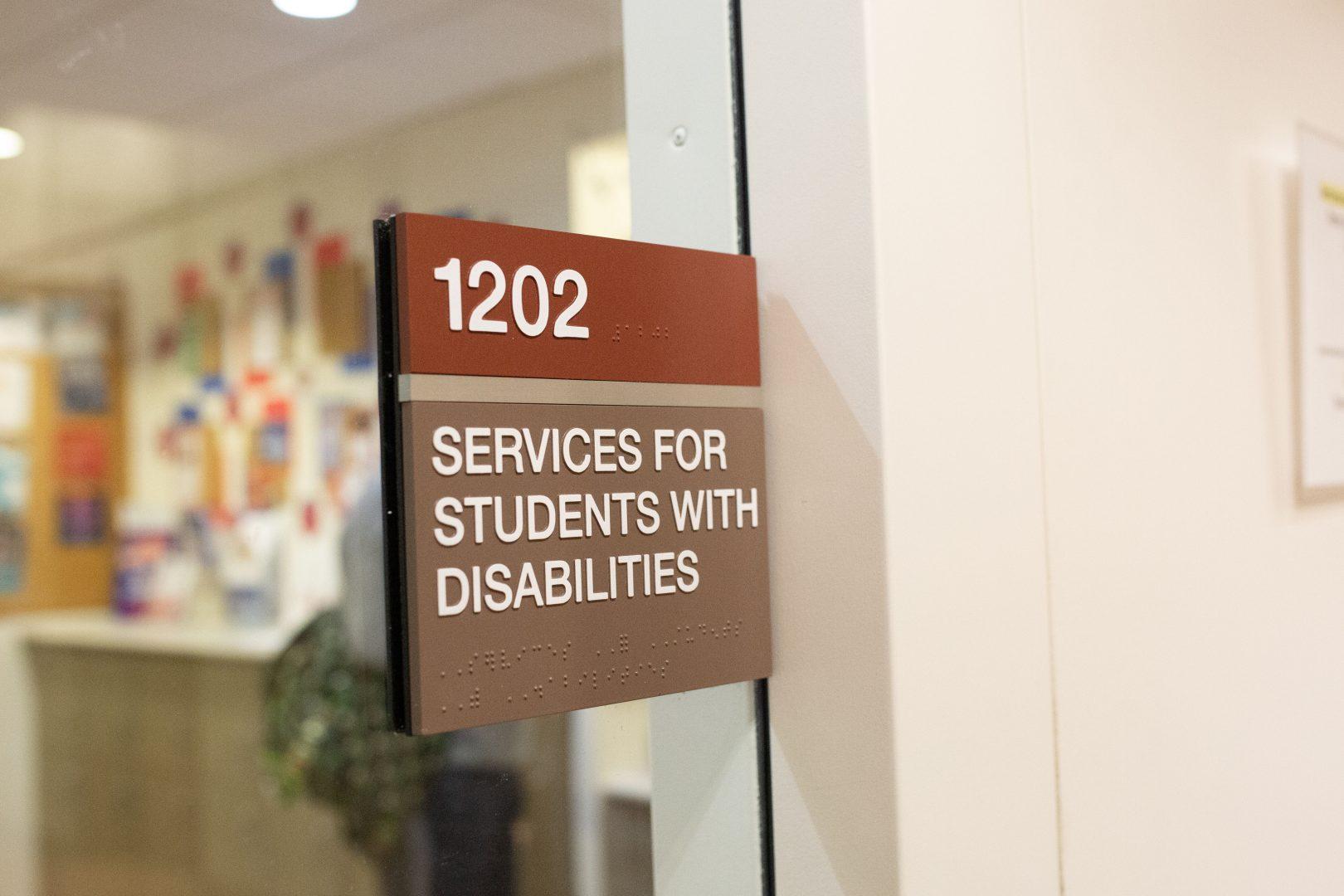Fresno State’s Services for Students with Disabilities Office (SSD) is adapting the way it helps students with special needs through technology-related resources as a result of the pandemic.
Founded in 1973, the SSD office provides students with a variety of services, including one-on-one counseling, testing accommodations, accessible materials and more.
SSD director Jennie Johnson said there have been a number of changes to the way the SSD provides its services.
“I think one of the biggest changes is just moving everything to virtual and seeing students online, and not having students in the office to take exams,” Johnson said.
As a result of the pandemic, all students with SSD are expected to take the exams online, and testing coordinators also offer alternative ways for students to take exams if necessary.
For staff, Johnson said transitioning to working from home was a significant change.
Staff members meet with students through Zoom or phone calls. However, some staff still work in-person, with one to two full-time staff members and one to three student assistants in the office on a daily basis.
Robert Salinas, assistive technology coordinator, said alternate media and assistive technology have also faced challenges adjusting to the way that they provide technology-related services to eligible students.
“Before, a lot of our students were bringing in physical copies of textbooks, and we would either try to work with our publishers to find a digital copy of them and edit it to give to our students,” Salinas said.
After making changes, he said many instructors are relying on immediate access courses.
Salinas also said there have been impacts on SSD’s technology services as publishers have moved their materials online.
In the past, students would receive PDFs of their coursework material. As publishers are being less cooperative, students have to use different methods of technology to try to access coursework, Salinas said.
Another challenge that Salinas dealt with was how he was able to check out devices that were distributed to students, such as voice recorders and LiveScribe pens — another tool students can use to record audio. He said some students had devices checked out when the university made its switch to virtual learning, and SSD was able to let the students keep their devices or extend the length of students’ rentals.
Salinas also had to determine ways in which new students could access their accommodations using devices the students already have, such as a phone or a computer.
TRiO’s SSD component, which helps students with disabilities with academic and personal goals, has also changed services because of the pandemic.
Luis Flores, TRiO program coordinator, said many of the in-person cultural activities had to be adjusted to a virtual format due to the pandemic. This involved shipping out equipment to students’ homes as well like laptops or paints, Flores said.
“We had a lot of cultural activities taking place in person, which would allow for a sense of belonging, and for them to be able to identify that there’s no cookie-cutter way to get a degree,” Flores said.
TRiO’s SSD staff also communicates with students through one-on-one meetings, where the staff outlines academic and social goals for the students.
Before the pandemic, meetings would be done twice per student. As a result of the pandemic, all meetings, which have now increased to four, are done through either Zoom, phone or email.
The use of some of SSD’s testing rooms have also changed. According to Johnson, some testing rooms are assigned to student assistants, otherwise known as lab technicians, as offices. These testing rooms include their own computers and some disinfecting wipes. Johnson also said that some testing rooms can be used for SSD students who are taking in-person classes if they need it.
SSD’s staff is also ensuring that the health of their staff and their students are prioritized. Equipment can be sanitized and wiped down before it is sent out to students that need them. Every space in the SSD office has disinfectant wipes and hand sanitizer.
SSD also offers walk-in Wednesdays on Zoom, where students can come in for 10 to 15 minutes and ask any questions on a first-come, first-serve basis.
Despite these changes, some parts of SSD and its services have remained the same.
According to Johnson, there were no changes to the staff caused by the pandemic, but they did lose a counselor as a staff member was promoted. The process of starting to set up services with SSD has also remained the same.
Making adjustments to the way they provide their services has been a learning experience for the SSD staff.
“The biggest thing that I learned was to maintain your composure because it’s nothing I couldn’t attend, it’s more of people can read your energy right. They can read like your body language or tone especially. It’s a lot easier to do that in person, you know, how we’re so used to meeting in person,” Salinas said. “And when we’re online, it’s really hard to not have good communication over an email or a text because you can’t always see what’s happening or hear how something is happening.”
Flores also learned about the impact that the pandemic has had on students.
“We saw the impact that [COVID] had with students, not only were they losing motivation, but we had a lot of students who lost someone due to the pandemic,” Flores said. “It’s taught us to be prepared for the unexpected, and to make sure that we find all the avenues possible to ensure that resources get to the students when they need them most.”




